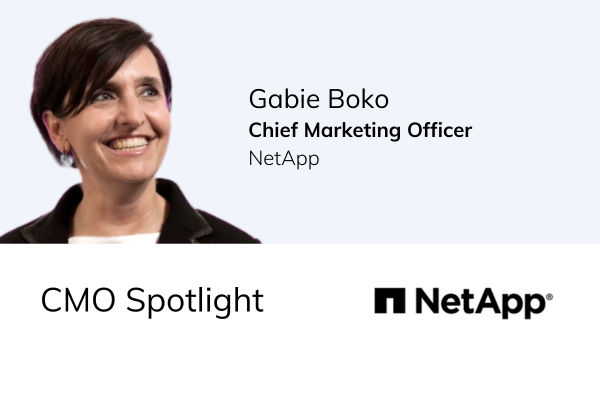Did 2020 Ruin Black Friday?
The answer? Not really.
Just like everything else in 2020, Black Friday looked a little different, and by “different” we mean store traffic was down 95% (according to Sensormatic Solutions).
Despite malls resembling ghost towns, companies stepped up to make the holiday shopping season “normal” for consumers, leading to one of the biggest digital sales days ever - following 2019’s Cyber Monday - as U.S. consumers spent around $9 billion on retail sites.
How did retailers effectively change Black Friday to adjust to the current needs of the pandemic?
Retailers prepared for this new cyber surge in November by marketing deals at the start of Amazon’s delayed prime day in October. In order to ensure the safety of employees and consumers during the COVID-19 pandemic, retailers have:
Stretched out the holiday sale season
Offered doorbuster shopping deals online instead of in-store
Closed stores on the Thanksgiving holiday to limit foot traffic
Major retailers like Home Depot, Best Buy, Kohl’s, Walmart, Target, and others closed their doors on Thanksgiving in order to emphasize stay-at-home orders. As opposed to one day sales, companies like Costco are emphasizing roll-out deals, offering limited time sales weekly.
By spacing out the digital sales and advertising the expanded season through traditional and digital media efforts (TV spots, direct mail, and social media campaigns), companies were showing empathy and understanding of the current distancing needs. Starting on Prime Day, major retailers like Walmart and Target were marketing their holiday deals online early. Stretching the shopping season also gives the supply chain enough time to restock inventory - a challenge organizations have faced under this pandemic as online sales and unpredictable buying behaviors have increased.
What does the change in consumer behavior mean moving forward?
As the pandemic continues to bring unique challenges to industries, retailers and marketers will adapt. Innovating and adapting to survive has been a huge theme throughout the year. Agencies like The Variable, in addition to brands, are getting crafty and offering deals with a humorous touch during the holiday season.
There has also been a huge push to support small businesses as the pandemic impacts businesses big and small. This awareness leads to campaigns such as Small Business Saturday in addition to larger retailers like Amazon featuring small businesses on their site for Cyber Monday.
What we do know is that ecommerce will continue to rise. Even as a vaccine becomes widely available, this year has taught consumers the value of time, so the convenient and individualized experience offered from an online transaction cannot be beat.










Setup’s 2025 Marketing Relationship Survey gives marketers a rare, honest look into what brands and agencies say is working and what quietly destroys partnerships.
The truth is that relationships fail because of patterns, mistakes that pile up over time, even after multiple warnings. So here are the most common red flags and green flags in the agency-client relationship based on what real marketers are telling us.